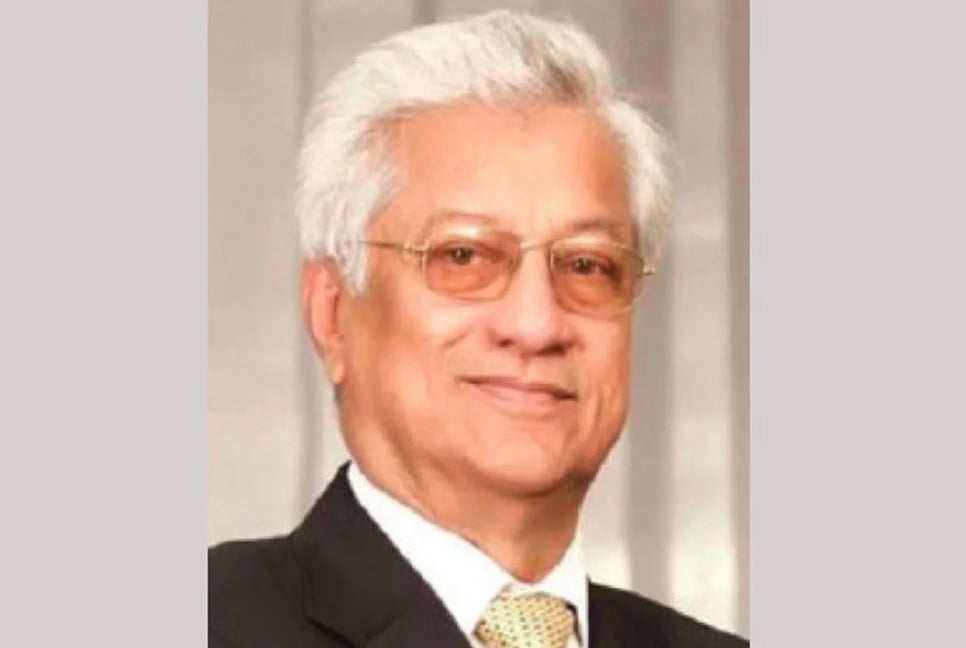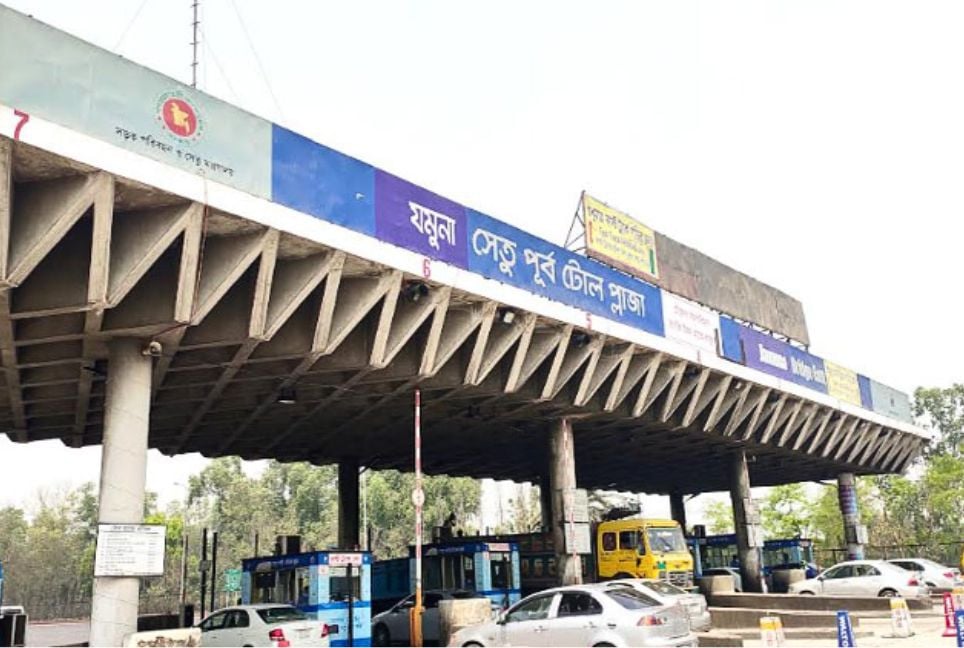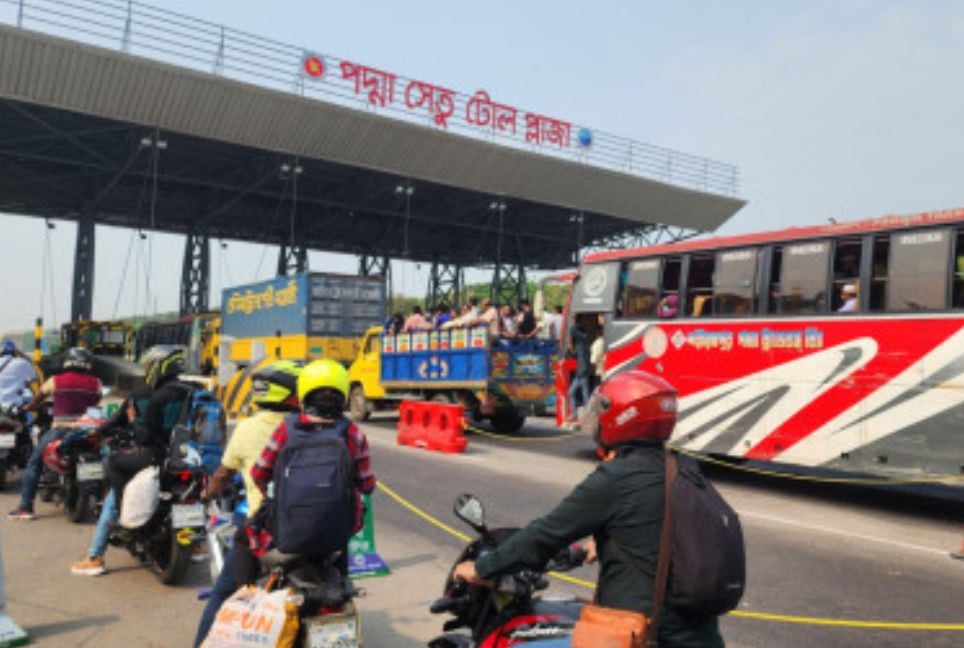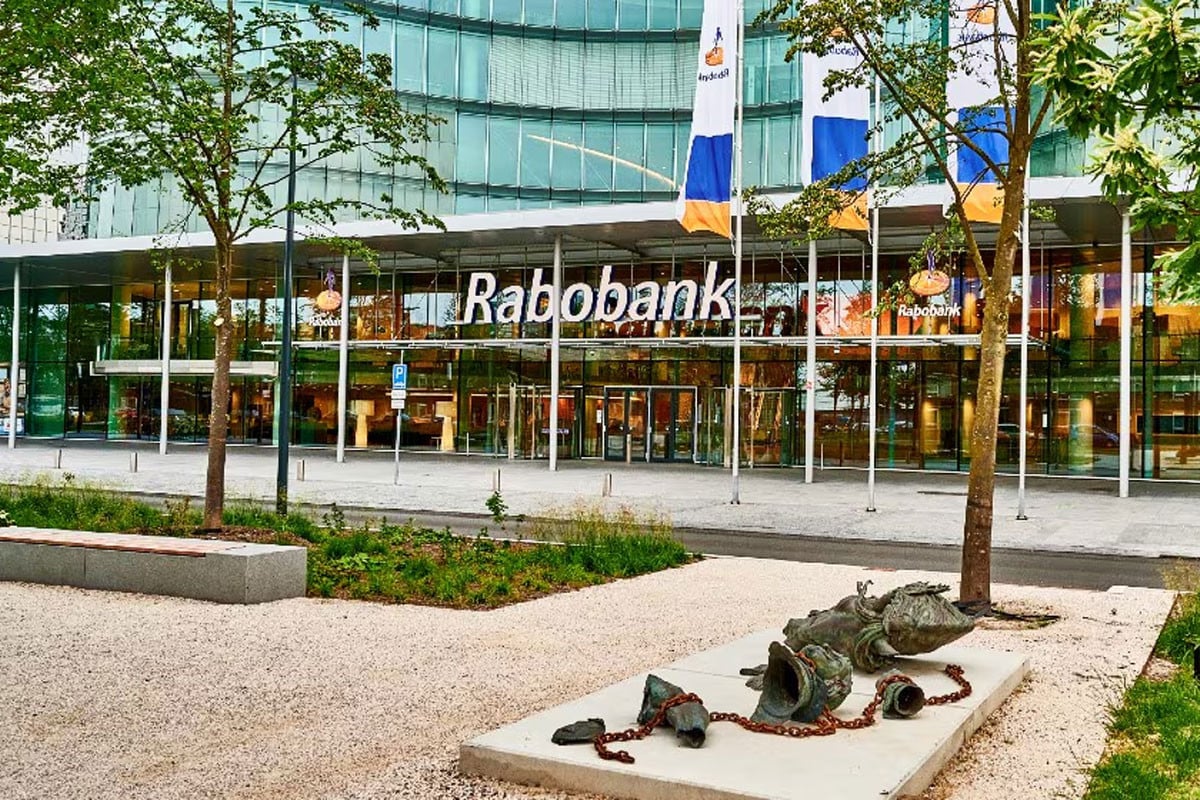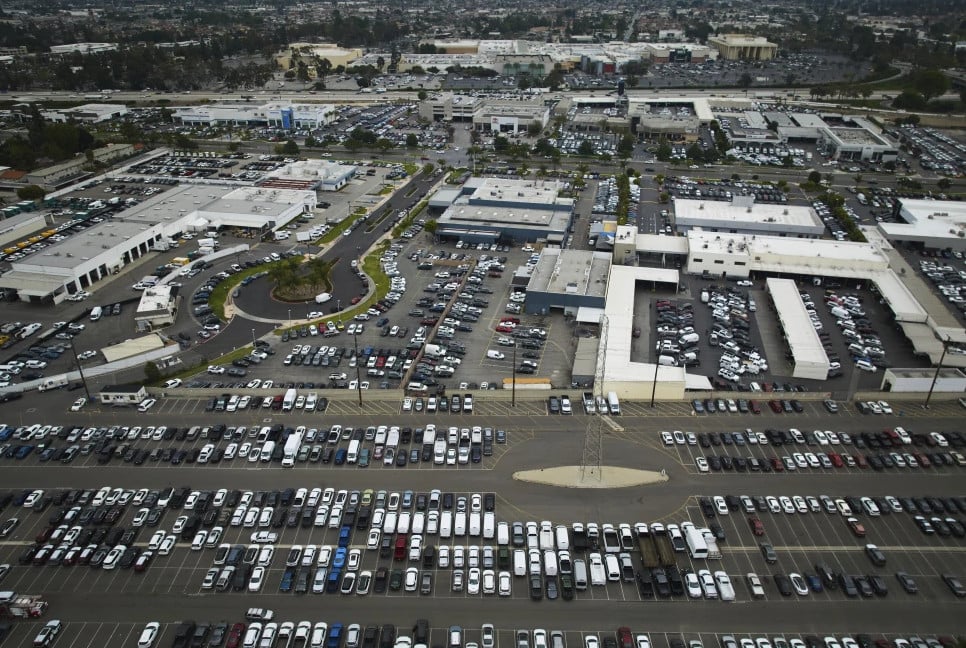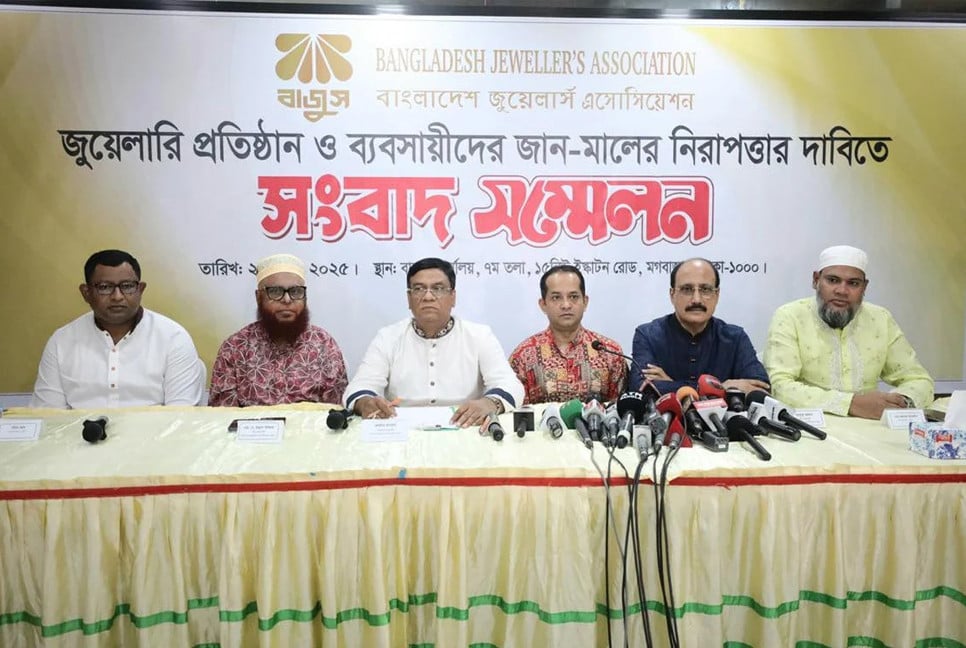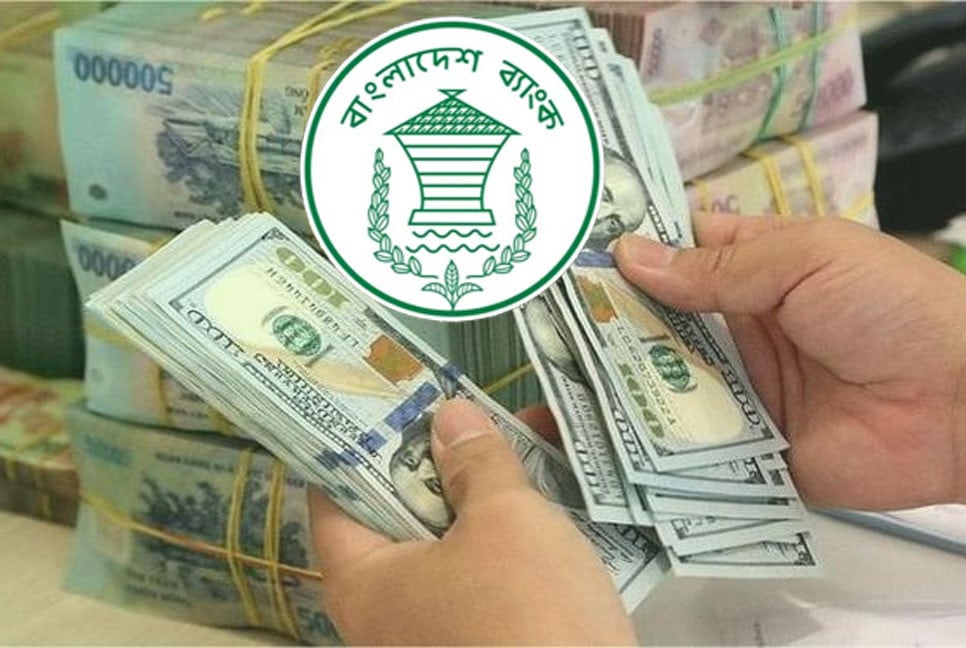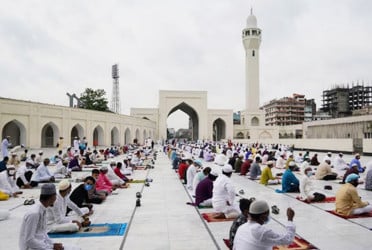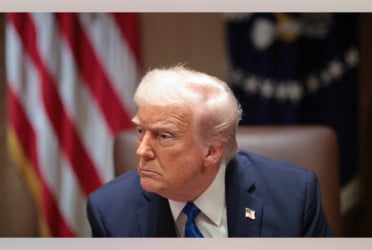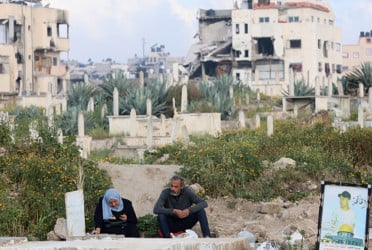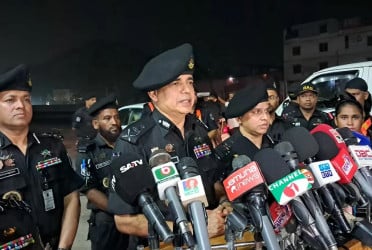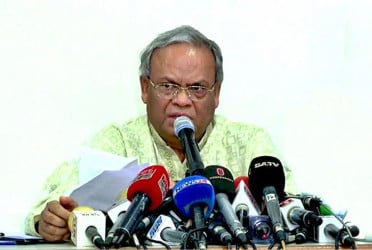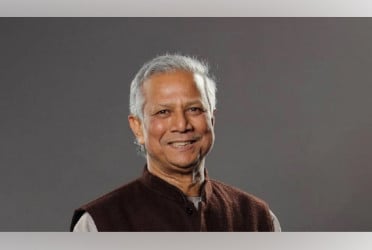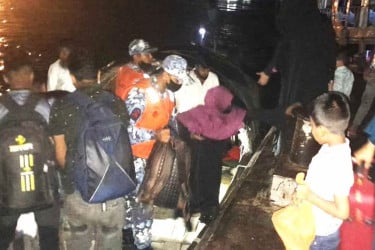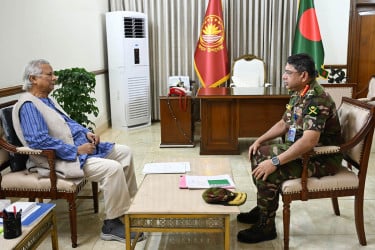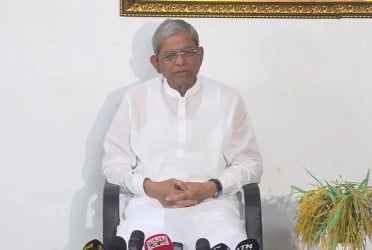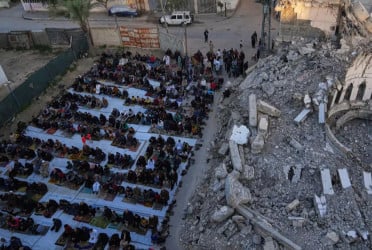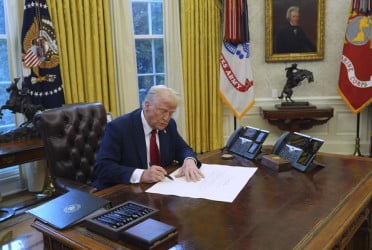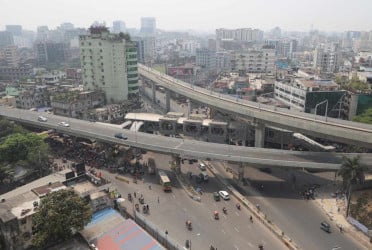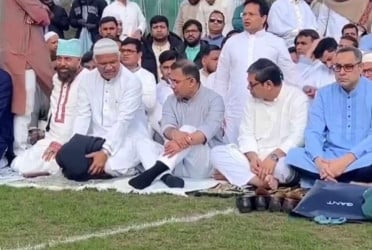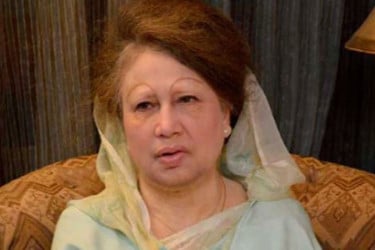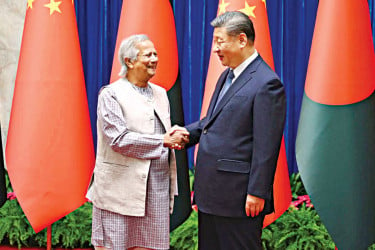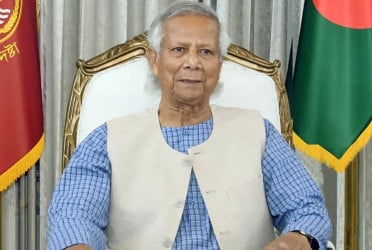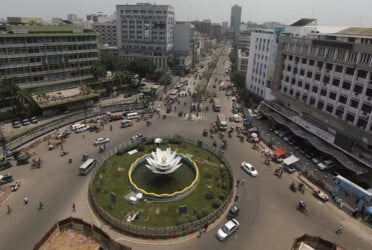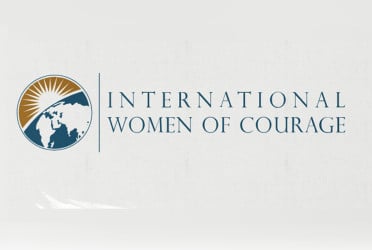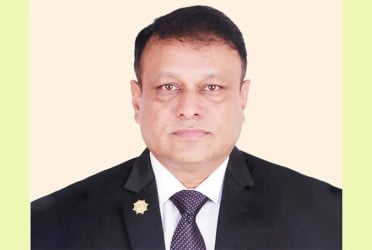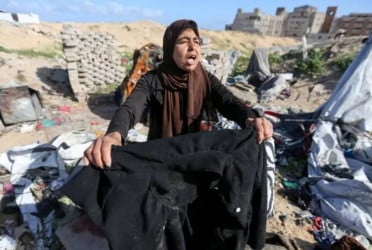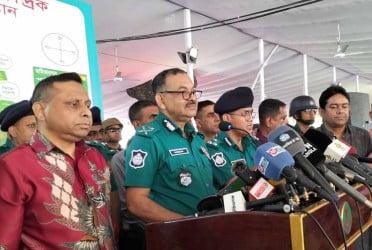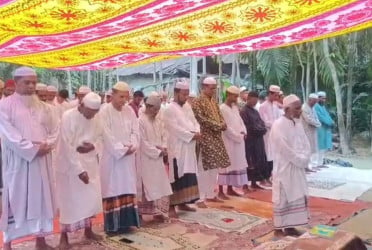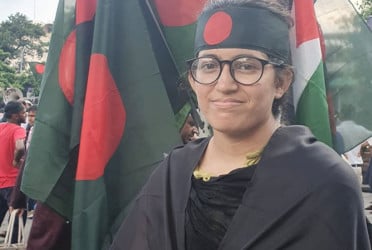The government must toil in consultation with stakeholders. The Finance Adviser is visiting leading industries, engaging with them and attempting their recovery. However, this must be done within the framework of minimum rules and regulations.
I have spoken to all major loan defaulters, and 50% of them are no longer defaulters. No decision can be imposed on them. Efforts should be made to sustain them because if they are destroyed, there will be no chance of recovering the money. All bank chairmen and management should take on this responsibility.
Previously, the banking sector was plagued by looting and mismanagement, but that has now been completely stopped. Unlike the past, the Bangladesh Bank is diligently monitoring these matters regularly, which is very positive.
Loans used to be approved based on the instructions of a political leader, but such practices have now ceased entirely. Over the last 15 years, the banking sector and the economy had reached a very fragile state. There was theft, robbery, and a rise in non-performing loans (NPLs). However, the greatest damage occurred due to the outflow of money from the country.
The outflow of funds hindered the creation of desired employment opportunities and prevented significant economic progress. GDP growth did not meet expectations. If money had not been laundered, we would not have faced such hardships. While money laundering occurs in almost every country, the extent of laundering from our country has been disproportionately high.
Interim government typically remains in power for about a year. It assumed the government will hand over power to an elected government by December of this year or January-February of next year. However, those currently in government and the political parties can provide better insights into the situation.
If the guidelines are set by the interim government for various ministries, including finance, education, planning, and commerce is accepted as policies and efforts are made to carry them forward, many problems can be resolved. In our country, there is often a lack of continuity. Ensuring continuity should be a priority for long-term progress.
Many leading industrialists are currently unable to repay loans. To address this, their accounts have been reactivated with a minimum deposit, despite facing significant criticism. However, this decision benefits everyone. The money in banks belongs to depositors, and its security must be ensured through honesty, transparency, good governance, and accountability. Additionally, this money must be returned along with the applicable interest.
Efforts are underway to support businesses, and there is no question of mistrust towards them. They need to reschedule and restructure their loans by making a minimum down payment. This will pave the way for investments in the country. Many are interested in bringing investments from abroad, but the government is adopting a cautious approach to avoid missteps while moving quickly.
Such decisions are easier to implement when a political government is in power, but it is challenging for an interim government.
Syed Abu Naser Bukhtear Ahmed is a senior Banker and the Chairman of Agrani Bank PLC
Source: Kaler Kantho
Translated by Afsar Munna

